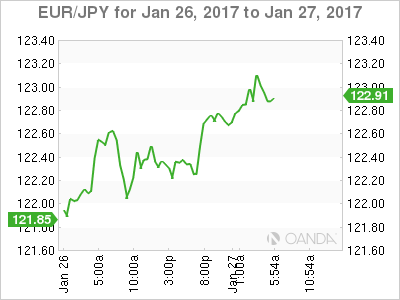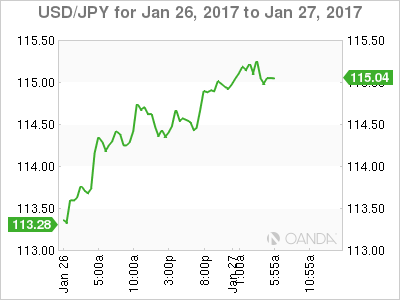The Bank of Japan is expected to leave its monetary policy settings unchanged on Tuesday, maintaining the current pace of bond-buying as well as holding its negative interest rate and long-term bond yield target steady amid signs of a more sure-footed economic recovery.
Analysts forecast the central bank will keep the current pace of the annual increase in Japanese government bond holdings at around 80 trillion yen ($676.93 billion) next week, a Reuters poll of 13 analysts found.
They also expect the BOJ will hold its short-term policy interest rate at minus 0.1 percent and the 10-year government bond yield target at around zero percent.
“I think the focus will be shifting to the BOJ’s move towards unwinding its monetary stimulus,” said Atsushi Takeda, chief economist at Itochu Economic Research Institute.
“But the BOJ pledges to buy bonds to keep the long-term government bond yield around zero percent, so it would be difficult for the central bank to cut its bond purchasing for now given that the yields are under upward pressure.”

On Wednesday, the BOJ caught markets by surprise when it abruptly skipped a widely anticipated buying in shorter maturities and sent their yields soaring, adding to talk the central bank might be preparing to taper its massive stimulus.
On Friday, however, the central bank again wrong-footed markets by increasing its buying in five- to 10-year bonds, helping to bring down their yields from 11-month highs touched earlier this week.
The benchmark 10-year JGB yield, which tends to move less than other maturities because of the BOJ’s policy to peg it around zero percent, was around 0.075 percent on Friday.
Takeda added that the focus at the BOJ meeting will also be on how the central bank views the uncertainties stemming from policies under U.S. President Donald Trump, the Brexit development and their potential impact on Japan.

A pick-up in global demand has helped Japanese exports recover since late last year, heightening prospects of a stronger economic recovery. That has in turn reduced the likelihood of any near term easing measures, with some even speculating the BOJ might hike its yield targets this year if inflation accelerates.
